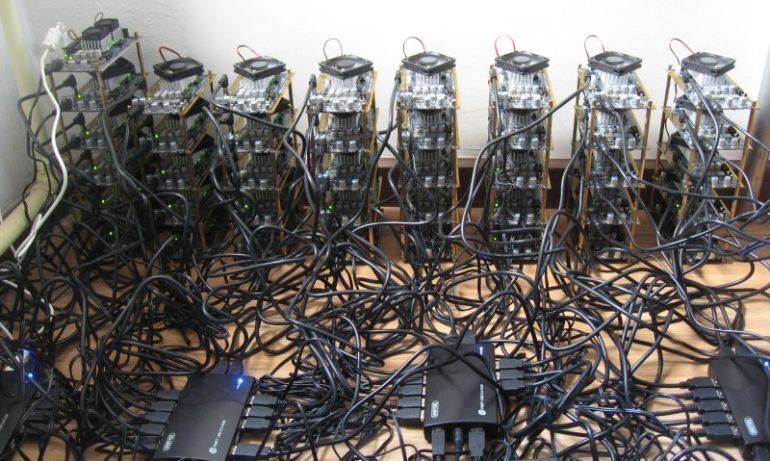As a humble chap from the valleys of South Wales I’m regularly bamboozled by clever people who I meet every day in this job. Whether it’s an IT director who attends our quarterly forums, to a graduate software engineer who’s invented the new Facebook (shhh, don’t tell anyone), to the guy putting moisture sensors in his mouse traps or the candidates we try to help find a job, I’m often and regularly amazed by these people and the breadth of their knowledge, specifically around emerging technologies.
The other day was no different. Feeling positively hi-tech I bought an old (in time known, not age) business contact a coffee at Starbucks using my super-special-doesn’t-require-any-cash iPhone app and chatted about some of the things that have been filling his time. It was this cashless transaction that filled our hour and was it turned out to be one of the more fascinating cappuccinos I’ve had.
So it turns out there’s this thing called the internet which allows you to look at videos of funny animals and stuff, but apart from that there’s some other clever bits that allow you to mine for gold!
Although in this case, replace gold for bitcoins.
As a Welshman, the mining I recall was my granddad talking about how dirty, dark and dangerous it was, and how it often resulted in chest complaints. The modern version is less dangerous, far more lucrative, but is probably just as time consuming!
The Bitcoin gold-rush is one of those topics that my brain thinks it could understand but then convinces itself it really can’t! This electronic currency and the lengths people are going to to mine for said currency is both amazing and baffling at the same time. The fact that the inventor “Satoshi Nakamoto” was incognito for years, nobody really knew who he was, a bit like Keyser Söze – increased the mystique, and the technical hardware and energy consumption required to source these ever decreasing bitcoins is phenomenal (see pic above of a typical bitcoin mining rig!)
The conversation bounced around and touched on nodes, wallets, blockchain, Satoshis etc. even touching on the lengths terrorists are going to to fund their causes using this technology, but then opened up a wider conversation of electronic currency and smart money.
Potential social implications of digital currency
So here’s a scenario that came up. The government wants to control benefits payments to the populous and given the invention/introduction of smart money/benefit cards imagine the possibilities to control what people spend, when and where! I.e. you can only spend your benefits card in shop’s A or B and between the hours of C & D!
Imagine being able to control your populations movements based purely on when and where they can spend their money i.e. you can only spend your benefits in this shop between 3:00–4:00pm, you can’t buy alcohol etc.
It sounds scarily similar to the tithe system in mines of South Wales where you could only spend your earnings in the paymaster’s shops but in reality, this technology makes this type of social engineering not only possible but probable in the future.
Cashless payments are not new, but the opportunity to socially engineer society based on smart money is as frightening as it is incredible!
Photo source: Joey Devilla
